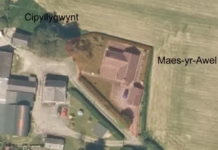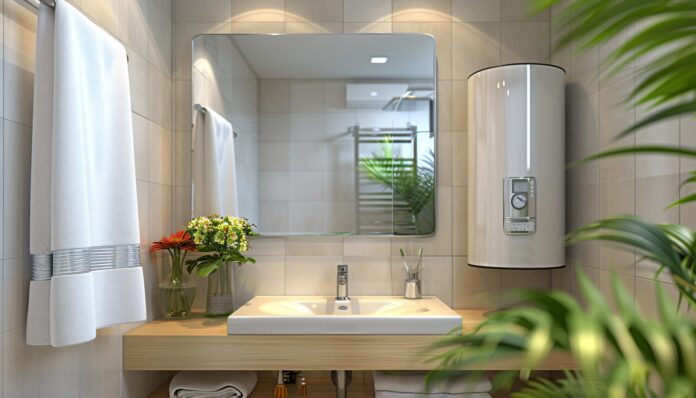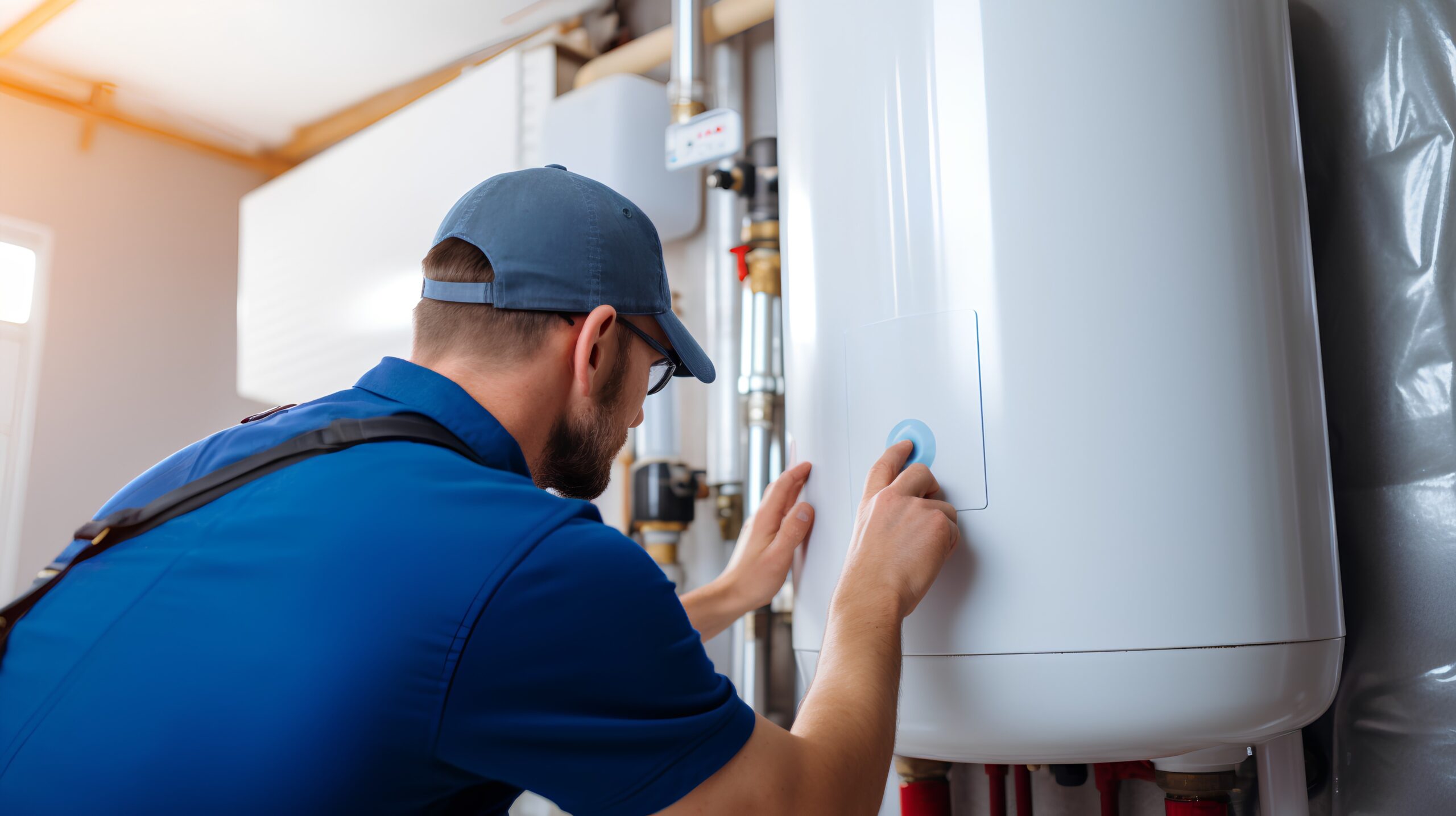No one wants to deal with unexpected breakdowns in the middle of winter or face sky-high energy bills because the boiler works twice as hard as it should. A boiler upgrade is about ensuring a warm and stress-free home, especially when temperatures dip. It’s the kind of thing homeowners push aside until there’s no hot water on a freezing morning, and suddenly, it’s an emergency.
Choosing to upgrade requires some careful thought. But with so many options, it’s easy to feel overwhelmed. This post outlines five key things every homeowner should consider before committing to a boiler upgrade. By the end, you will know what to watch out for and how to make the process as smooth and cost-effective as possible.
1. Assess Your Current Boiler’s Performance
Before diving into a boiler upgrade, it’s smart to take a moment to see how well your current system is holding up. A careful look now can help avoid headaches down the line. Here’s what to keep in mind:
Signs Your Boiler May Be Struggling
Inconsistent heating—like some rooms being colder than others or water taking forever to heat—could mean the system is struggling to keep up. If these issues keep recurring, it may be time to consider boiler repair or upgrade. Even if it seems like a minor inconvenience now, small problems like these can add up, eventually leading to a complete breakdown.
Old Boilers vs. New Standards
Most boilers last 10 to 15 years. After that, their efficiency can drop, and they may use more energy to do the same job. For homes with outdated boilers, upgrading to a modern, energy-efficient model can bring noticeable savings on energy bills. Modern boilers have features like smart controls and better temperature management, which older systems may lack. Homeowners in specific areas may even have access to boiler replacement grants in Wales, helping reduce the overall cost of switching to a better model.
Know When Repairs Are No Longer Worth It
Sometimes, homeowners fall into the trap of repeatedly repairing an old boiler, hoping to squeeze out a few more months of use. However, if the repair cost is approaching 50% of the price of a new boiler, it’s a clear sign that it’s time to consider boiler replacement. Emergency fixes in the middle of winter can be stressful and expensive, so planning is always a smarter move.
By assessing the current boiler’s performance early, homeowners can avoid unnecessary stress and switch when it makes the most sense—without rushing into costly decisions at the worst possible time.
2. Choose the Right Boiler Type for Your Home
Finding the right high-efficiency boiler is about matching your home’s needs. Different homes and lifestyles require different setups, so knowing the options can save time, money, and future headaches.
Combi Boilers
Combi boilers are a popular choice, especially for smaller homes or apartments. They don’t require a separate water tank, which means less space is needed. However, they might struggle in larger homes where multiple taps or showers are used simultaneously.
System Boilers
A system boiler may be the way to go for bigger homes with multiple bathrooms. This type uses a separate cylinder to store hot water, ensuring enough for everyone—even during busy mornings when the whole family is getting ready. System boilers also tend to work well with underfloor heating systems.
Conventional Boilers (Regular Boilers)
These are sometimes called regular or heat-only boilers. They take up more space due to the need for both a hot water cylinder and a cold water tank, but they’re reliable for homes with high water demand.
Choosing the right type of boiler now ensures that it will be able to meet your household’s needs later.
3. Evaluate Boiler Efficiency and Energy Savings
Upgrading to an energy-efficient boiler can significantly reduce utility bills and environmental impact. Modern boilers are designed to use less fuel while delivering the same comfort level, helping homeowners save money in the long run.
Look for Energy Ratings
High-efficiency boilers typically carry an “A” rating under the ErP (Energy-related Products) directive or an Energy Star certification. These labels confirm that the boiler meets strict energy efficiency standards, ensuring sustainable heating for your home. Choosing a certified model helps reduce energy waste, keeps bills manageable, and supports a more eco-friendly lifestyle.
Smart Features for Better Savings
Many newer boilers have smart thermostats and programmable timers, giving homeowners more control over heating schedules. This avoids unnecessary energy use, like heating an empty home, which can cut monthly bills significantly.
The Payoff Over Time
Although high-efficiency models might cost more upfront, the savings on energy bills add up over time. If your current boiler is over a decade old, switching to a modern unit could reduce heating costs by 20-30%. Some regions even offer incentives or grants for eco-friendly upgrades, making it worth checking if any apply before purchasing.
Improving efficiency lowers expenses and contributes to a greener, more sustainable household.
Final Thoughts
A boiler upgrade is an investment in comfort, efficiency, and peace of mind. Choosing wisely means fewer disruptions, lower bills, and a warm, worry-free home for many years. When the time feels right, don’t hesitate—take the next step and explore your options with a trusted installer.

| [donate]
| Help keep news FREE for our readersSupporting your local community newspaper/online news outlet is crucial now more than ever. If you believe in independent journalism,then consider making a valuable contribution by making a one-time or monthly donation. We operate in rural areas where providing unbiased news can be challenging. |





















Inventonslemondedapres : l’expertise à votre service pour découvrir des casinos
en ligne aux conditions transparentes.